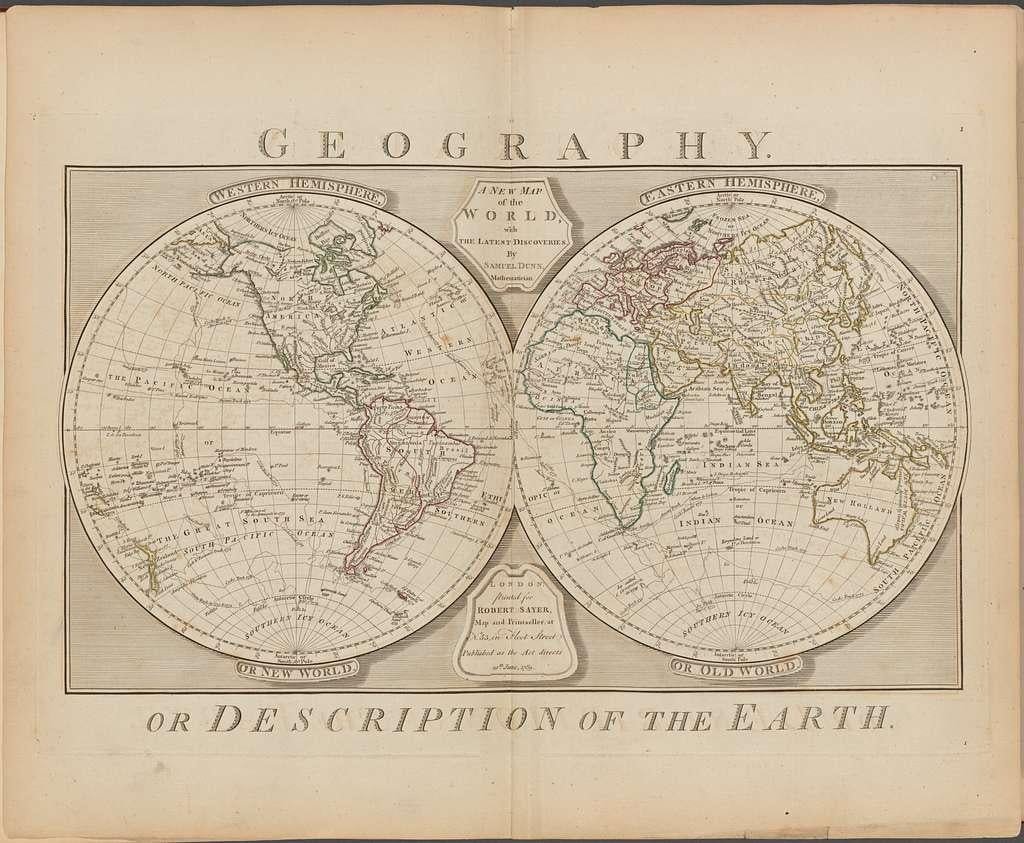Located in the central Pacific Ocean, Kiribati is a small island nation that is comprised of 33 atolls and reef islands. With a unique culture and a stunning natural landscape, Kiribati is a destination that many may not be familiar with, but certainly worth exploring. In this article, we will delve into the history, geography, and culture of Kiribati, shedding light on this lesser-known gem in the Pacific.
Geography and Climate of Kiribati
Located in the central Pacific Ocean, Kiribati is a nation comprised of 33 atolls and reef islands. The country is divided into three main island groups: the Gilbert Islands, the Phoenix Islands, and the Line Islands. These islands are scattered over a vast area, making Kiribati one of the most dispersed nations in the world.
The climate in Kiribati is typically tropical, with consistently warm temperatures throughout the year. The country experiences two main seasons: a wet season from November to April and a dry season from May to October. Kiribati is also particularly susceptible to the impacts of climate change, as rising sea levels threaten the very existence of the low-lying islands. As a result, Kiribati has been at the forefront of the global conversation on climate change and its implications for vulnerable island nations.

Economy and Tourism Opportunities in Kiribati
Kiribati, a small island nation in the Pacific Ocean, offers a unique blend of economy and tourism opportunities for visitors. With a focus on sustainable development, the country is working to leverage its natural resources and cultural heritage to drive economic growth and attract tourists.
Some of the key include:
- Fishing Industry: Kiribati has vast marine resources, making it an ideal location for fishing activities. The country is working to develop its fishing industry to boost its economy and provide employment opportunities.
- Eco-Tourism: With its pristine beaches, crystal-clear waters, and diverse marine life, Kiribati has the potential to become a popular eco-tourism destination. The government is promoting sustainable tourism practices to preserve the environment for future generations.
Challenges and Resilience of Kiribati’s Population
Kiribati, a small island nation in the Pacific Ocean, faces numerous challenges that test the resilience of its population on a daily basis. One of the most pressing issues is the threat of climate change and rising sea levels, which pose a significant risk to the country’s very existence. With most of its land area barely above sea level, Kiribati is at the forefront of the battle against climate change, forced to adapt to increasingly frequent and severe natural disasters such as cyclones and storm surges.
The limited availability of freshwater resources is another major challenge for the people of Kiribati, with many communities relying on rainwater harvesting and desalination plants for their basic needs. Overcrowding and lack of arable land further compound the difficulties faced by the population, leading to food security concerns and strained social services. Despite these challenges, the people of Kiribati display remarkable resilience and resourcefulness in the face of adversity, drawing on their strong sense of community and cultural heritage to overcome obstacles and build a brighter future for themselves and future generations.
Environmental Conservation Efforts in Kiribati
Kiribati, a small island nation in the Pacific Ocean, is making significant efforts in environmental conservation to protect its fragile ecosystems and combat the impacts of climate change. One of the key initiatives is the creation of marine protected areas to preserve the biodiversity of its coral reefs and marine life. These protected areas help maintain the balance of the underwater ecosystem and ensure the sustainable use of resources.
In addition to marine conservation, Kiribati is also focusing on sustainable land management practices to prevent erosion and maintain the fertility of its soil. The government is working with local communities to promote reforestation projects and implement sustainable agricultural practices. Through these efforts, Kiribati aims to safeguard its natural resources for future generations and build resilience against the threats of environmental degradation.
Future Prospects for Sustainable Development in Kiribati
Despite facing numerous challenges such as rising sea levels and limited resources, Kiribati has shown determination and resilience in pursuing sustainable development initiatives. One of the key is the promotion of renewable energy sources. By investing in solar power and wind energy, Kiribati can reduce its reliance on fossil fuels and decrease its carbon footprint.
Another important aspect for sustainable development in Kiribati is the preservation of its marine biodiversity. Implementing marine protected areas and sustainable fishing practices can help protect the valuable ecosystems surrounding the islands. Additionally, promoting eco-tourism can provide an alternative source of income for the country while also raising awareness about the importance of conservation.
Final Thoughts
In conclusion, Kiribati is a unique and fascinating country located in the central Pacific Ocean. With its stunning coral atolls, rich cultural heritage, and pressing environmental challenges, Kiribati offers a compelling story for those interested in learning more about small island nations. As we continue to navigate the complexities of climate change and the threats faced by low-lying countries like Kiribati, it is important to appreciate and understand the resilience and strength of its people. We hope this article has provided a glimpse into the beauty and complexities of Kiribati, and encourages further exploration and research into this remarkable nation.